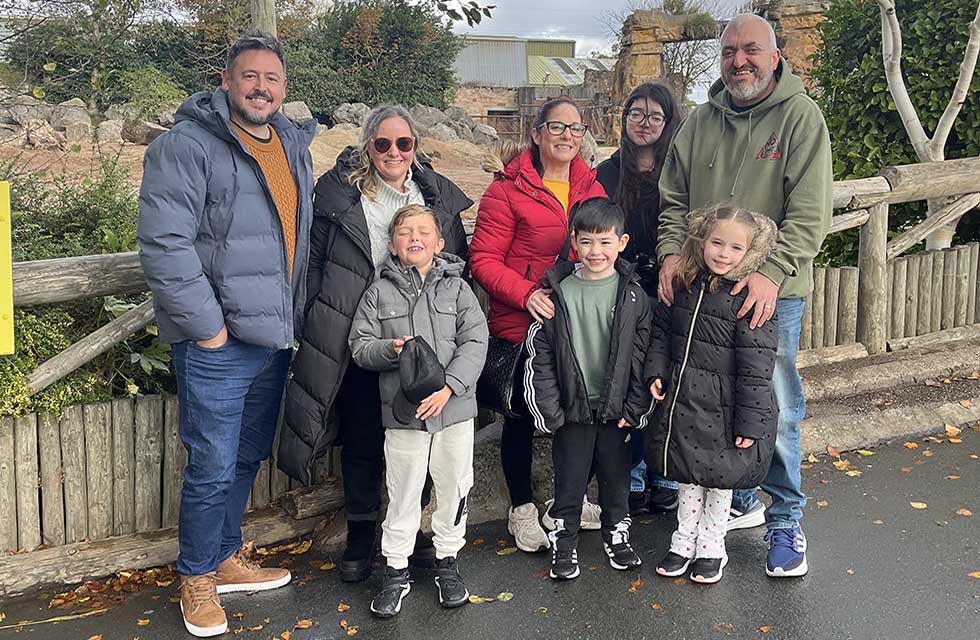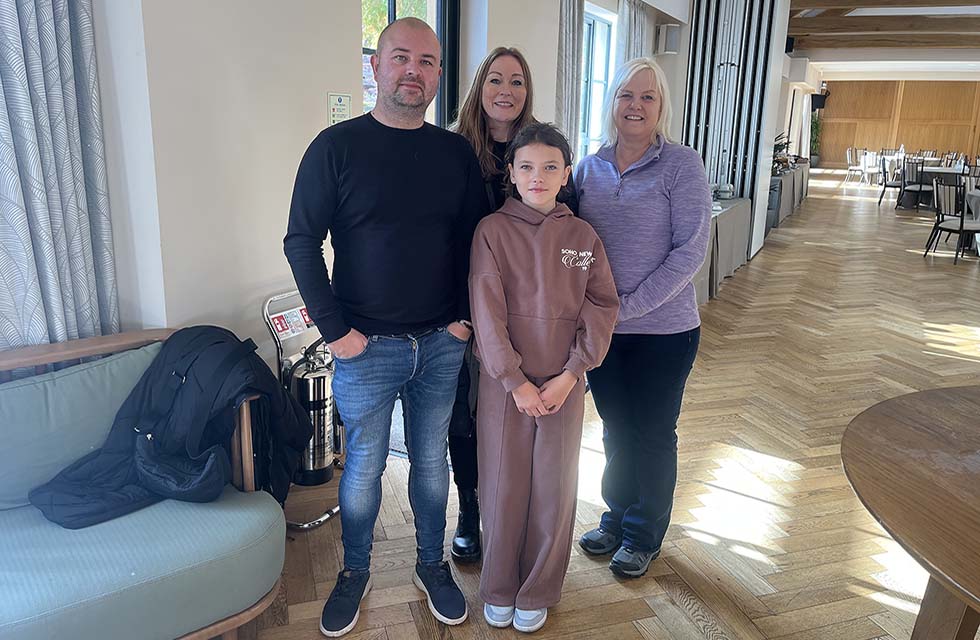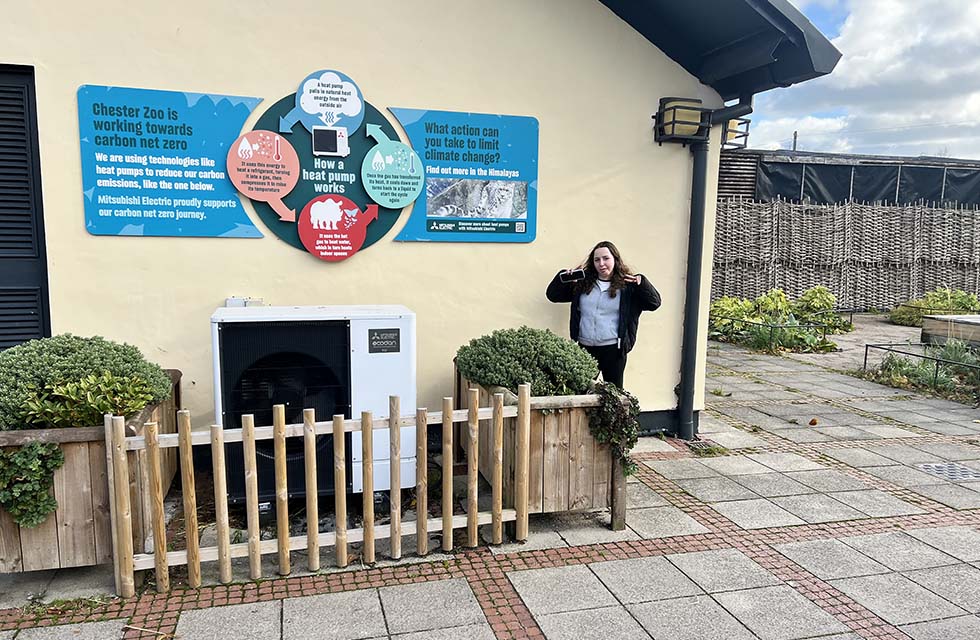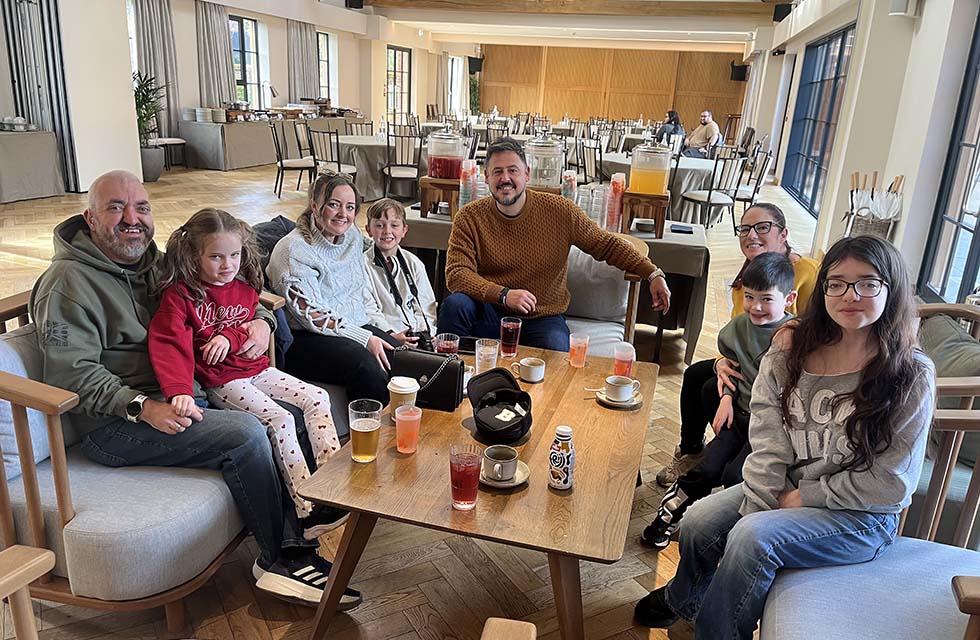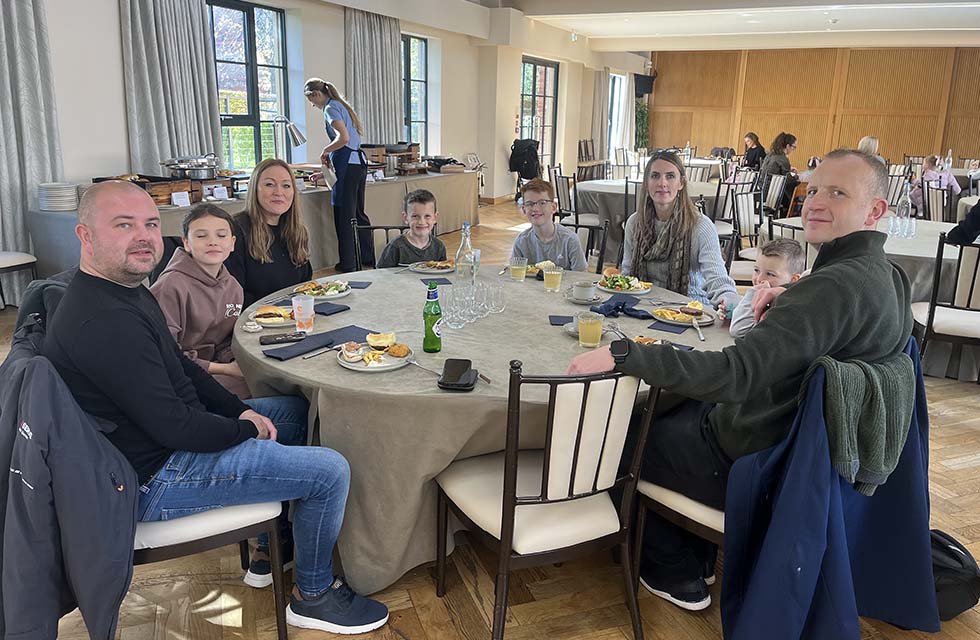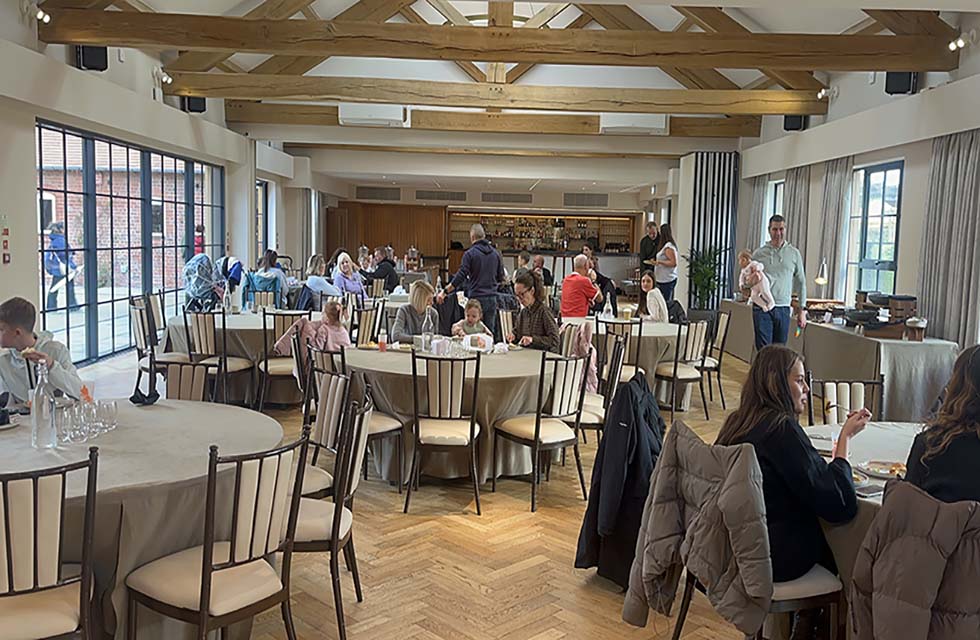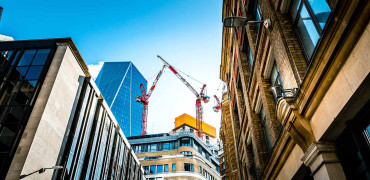I spent my weekend at Chester Zoo recently as part of a Family Fun Day for colleagues at Mitsubishi Electric and it was fair to say that a great day out was had by all. As part of our 3-year Partnership with Chester Zoo, Mitsubishi Electric staff and their families were invited to visit the Zoo and see just why it is such an amazing place.
The Zoo was opened in 1931 and is now one of the UK's largest. The 128-acre site in Chester, is home to more than 37,000 animals and more than 500 species. Experts from the zoo are recognised by governments and NGOs across the world as leaders within the global conservation community.
As a not-for-profit organisation, the zoo ploughs everything into its conservation mission, both in the UK and around the world and works with more than 3,000 species globally, including hundreds of international animal conservation breeding and habitat programmes, which are ensuring the survival of species on the very brink of extinction.
The zoo is rightly proud to be leading the way on sustainability and inspiring others to do the same
Sustainable heat pumps
Chester Zoo is the most visited zoo in the UK, attracting around two million visitors each year, and was recently named as the best zoo in the UK by TripAdvisor.
The partnership sees Mitsubishi Electric’s heat pump specialists working with the Zoo’s expert facilities and design teams to decarbonise heating across the site in Cheshire as part of its drive to reach net zero.
Chester Zoo is a world-leading conservation and education charity that’s committed to preventing extinction and dedicated to raising awareness of conservation and environmental challenges. The zoo is aiming to be net zero in its scope 1 and 2 emissions by 2030 and net zero in its scope 3 emissions by 2050 at the latest.
As part of this, it is actively working to reduce its reliance on fossil fuels. Each of its buildings have very different requirements, based on their use, including the animals and species cared for in them.
Some people are critical of zoos but it is a simple fact that without them, many more species such as the critically endangered Eastern Black Rhinos, would become extinct.
At the announcement of the Partnership, the Zoo’s Head of Sustainability, Jennifer Kelly, said: “Right now we’re facing a global biodiversity and climate crisis. The time for action is now. That’s why it’s vitally important that, as a conservation charity that’s working to prevent the extinction of species worldwide, we lift our focus on sustainability to new heights. We know that we can’t be part of the problem that we’re trying to solve, and that’s where partnerships on sustainability are so important; collaborating to showcase best practice and inspiring others to act.”
Spot the heat pump
My colleagues had lots to see on the day, and I started a little game with myself trying to spot all of our heat pumps across the zoo.
There was the Eastern Black Rhinos, of course, which George Clarke famously referenced when the partnership was announced, declaring that: “If a heat pump can heat a rhino house, then it can heat just about any home!”
And the Butterfly Habitat, with George like an excited school boy as you can see in this video.
In addition to the butterflies and the rhino’s, there are heat pumps keeping the zebra’s warm, and cooling down the snow leopards, helping keep the lions nice and cosy and warming up the bat house.
There are also heat pumps providing hot water for human use across the site. When we all congregated in the Square for lunch (which is the original stables block and now a superb wedding and conference venue), colleagues were also kept comfortable with commercial heat pumps and air conditioning.
And we also got to walk around the zoo’s latest venture called the Heart of Africa. A total of 51 luxury lodges allow guests to stay within touching distance of animals from the African savannah. That means families can spend the night at the zoo and wake up to breakfast in front of giraffes, zebra, ostriches and roan antelopes!
There’s more to be done of course, but the zoo is rightly proud to be leading the way on sustainability and inspiring others to do the same.
After the recent trip with my colleagues seeing the important work we are doing to help Chester Zoo understand the decarbonisation potential, I think we can also be proud of the part we are playing – the future of our planet depends on it.”
You can find out more about the important conservation work undertaken at the zoo by visiting their website.
Rachel Lekman is Channel Marketing Manager for Sustainability and Construction


